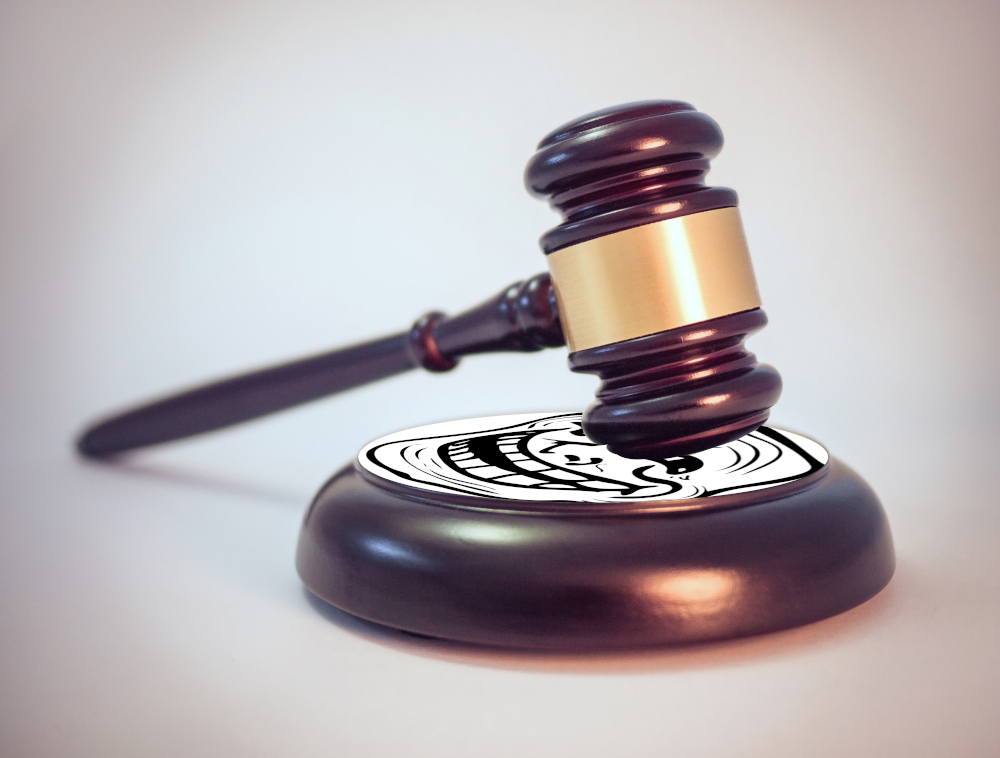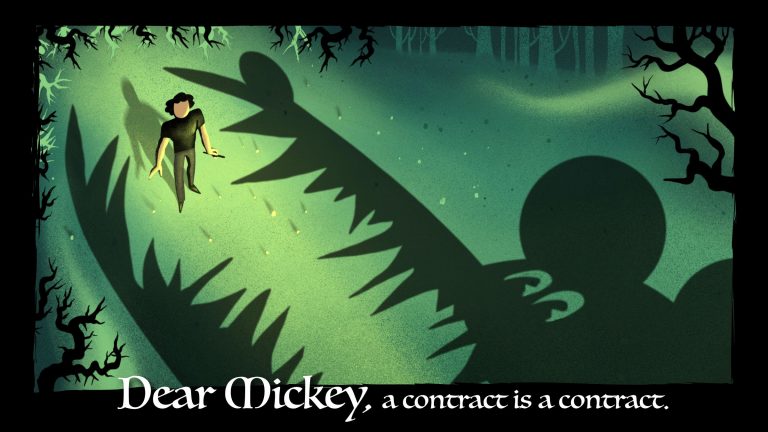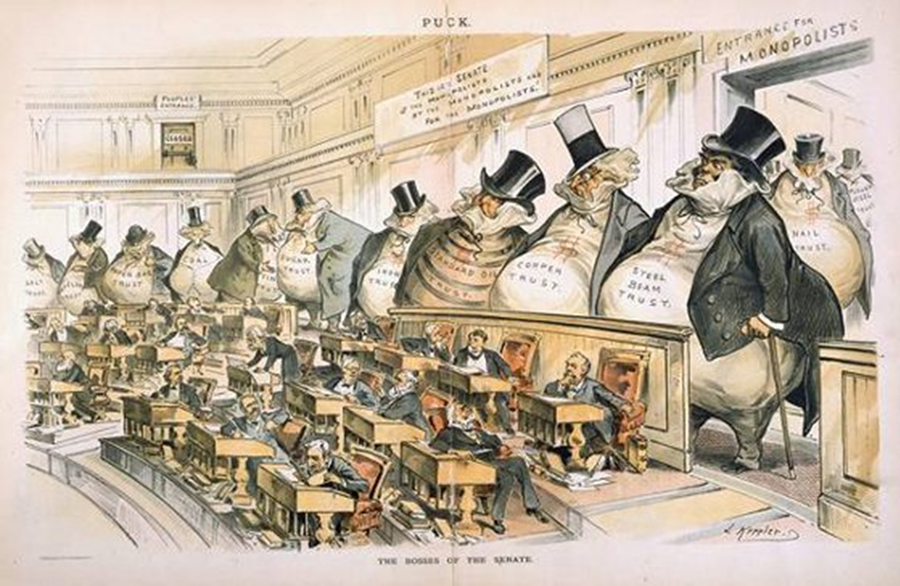
One of the GOP's tells is that it accuses Democrats of its own sins. Take "packing the court," a process we watched unfold with Trump's appointments of Gorsuch, Kavanaugh and Coney Barrett.
1/
1/

A Supreme Court filled with Federalist Society sociopaths chosen by Donald Trump is scary, for two reasons: first, they are apt to take up extreme Constitutional interpretations, and second, because they will distort Congress's intent to serve the wealthy.
2/
2/
There's not much we can do about the former, but the latter is fully addressable through lawmaking. Take SCOTUS's recent ruling that the FTC doesn't have the authority to extract cash penalties from predatory lenders to compensate their victims.
scotusblog.com/2021/04/unanim…
3/
scotusblog.com/2021/04/unanim…
3/
It's a bullshit decision, but it's easily addressed: if SCOTUS says that Congress's law that created the FTC doesn't let it claw back stolen money from loan sharks, Congress can pass a new law that explicitly gives the FTC that authority.
4/
4/
That's what the Consumer Protection and Recovery Act does. It's an example of "judicial override": when Congress overrides the Supreme Court's interpretations of its laws by making new laws that leave no room for doubt.
energycommerce.house.gov/sites/democrat…
5/
energycommerce.house.gov/sites/democrat…
5/
As @rmc031 writes for @TheProspect and @TheIntercept, there's lots of room for judicial override in response to extremist Supreme Court rulings.
prospect.org/justice/congre…
6/
prospect.org/justice/congre…
6/
Take the Non-Judicial Foreclosure Debt Collection Clarification Act, which overrides a SCOTUS ruling that stripped people of the right to redress when their houses were foreclosed by sleazy lenders.
6/
6/
Much of the harm from Trump's Supreme Court packing can be undone, but only if the Dems control the Presidency, the House and the Senate.
Uh...
Of course, for that to actually work, we need Manchin and Sinema to abandon their suicide-pact in defense of the filibuster.
7/
Uh...
Of course, for that to actually work, we need Manchin and Sinema to abandon their suicide-pact in defense of the filibuster.
7/
But if we can, there's even scope for heading off the destructive power of SCOTUS's wilful misinterpretations of the Constitution, by following the example that Lincoln set.
8/
8/
The white supremacist Supreme Court of the Lincoln era consistently struck down the abolitionist laws that Lincoln signed. But Lincoln kept signing them, playing a game of high-stakes chicken with the court.
9/
9/
After all, the court's power springs from its legitimacy - that is, from the public's perception that it DESERVES to have power. If the unelected Supreme Court consistently reverses popular legislation, that legitimacy evaporates, and with it, the court's power.
10/
10/
Lincoln understood that he had the will of the people behind him, and the Supremes did, too - eventually...after they were sidelined and made irrelevant for a decade.
eof/
eof/
ETA - If you'd like an unrolled version of this thread to read or share, here's a link to it on pluralistic.net, my surveillance-free, ad-free, tracker-free blog:
pluralistic.net/2021/04/27/bru…
pluralistic.net/2021/04/27/bru…
• • •
Missing some Tweet in this thread? You can try to
force a refresh









